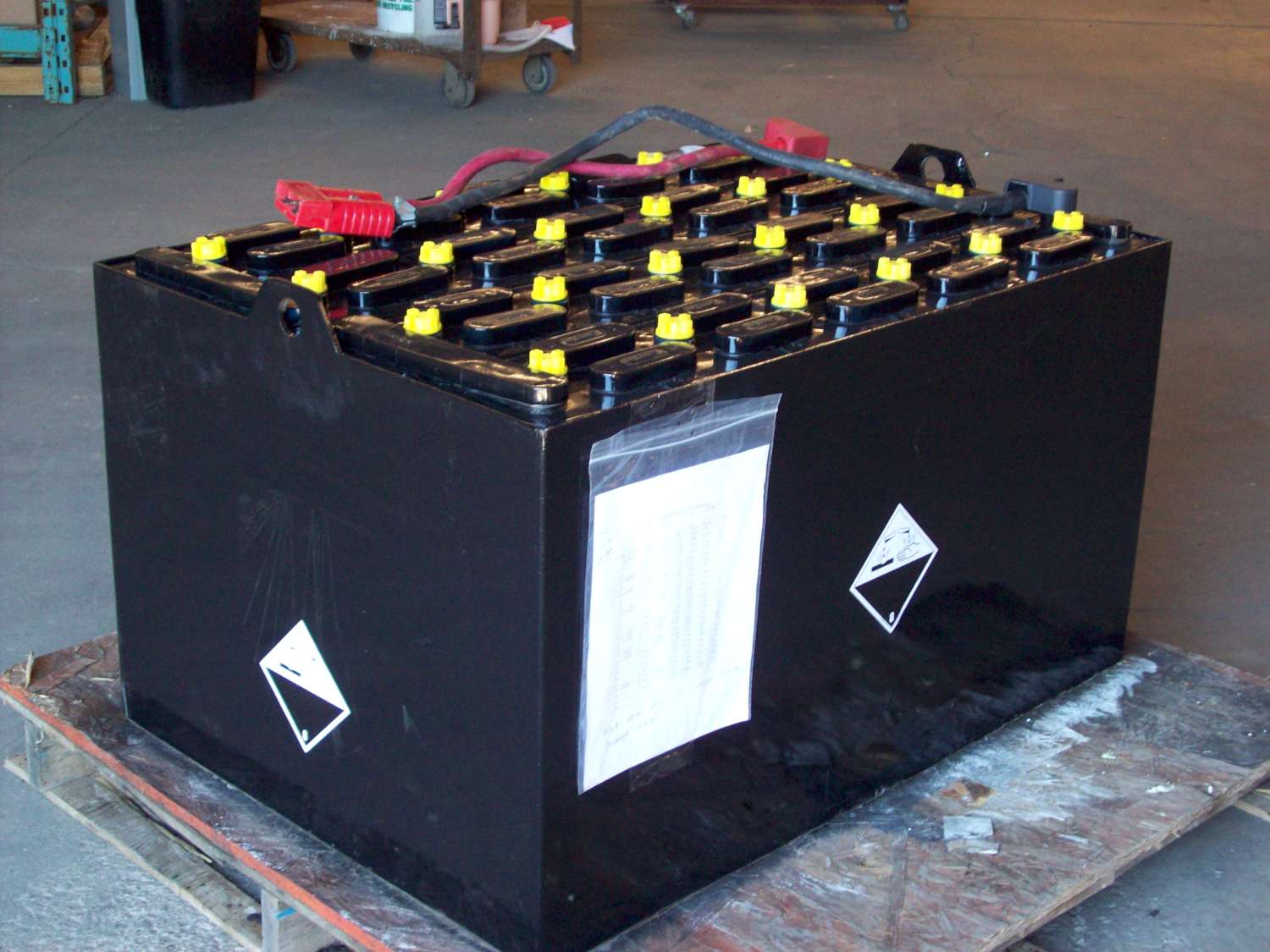Scientists Invent the Ultimate Off-Grid Battery
billj 09.07.16

Apart from a method of generating renewable electricity–whether it’s wind or solar–the core part of any completely off-grid setup is the battery pack that saves the energy generated and allows it to be used when the wind isn’t blowing or the sun isn’t shining.
Forklift batteries are popular for this, as are other types of chemical batteries. The Lithium-Ion batteries that power cell phones could be ideal because of their energy density, but their cost is way too much to make them viable (despite Tesla’s efforts with the PowerWall). So a modern battery with the qualities of Lithium-Ion but the cost of old-fashioned lead-acid is something of a Holy Grail for preppers.
Well, it appears the wait is over for a next-generation battery that’s perfectly suited for overnight electricity storage and is half-the price of Lithium-Ion. The new Zinc-Ion battery developed at the University of Waterloo is also safer than the alternatives. Its ingredients are non-toxic, and it won’t ever explode.
Lithium-ion batteries have much higher energy density (energy that can be stored per unit volume) than water-based batteries (making lithium-ion batteries attractive for smartphones and other compact devices), but water-based zinc-ion batteries are more feasible for grid-scale applications, where cost, safety, and life cycle are important, not size.
The cell design satisfies four vital criteria: high reversibility, rate, capacity, and no zinc dendrite formation. It provides more than 1,000 cycles. Lithium-ion batteries also operate by intercalation (of lithium ions) but they typically use expensive, flammable, organic electrolytes.
The bonus for manufacturers is they can produce this zinc battery at low cost because its fabrication does not require special conditions, such as ultra-low humidity or the handling of flammable materials needed for lithium ion batteries, the chemists say.
“The focus used to be on minimizing size and weight for the portable electronics market and cars,” said Dipan Kundu, a University of Waterloo postdoctoral fellow and the paper’s first author. “Grid storage needs a different kind of battery and that’s given us license to look into different materials.”
When you combine this new battery technology with the plummeting cost of solar, in about five years there will be little to no excuse for staying on-grid in rural areas.
Hopefully the world stays intact long enough for me to pick up a bank of these for my solar array.